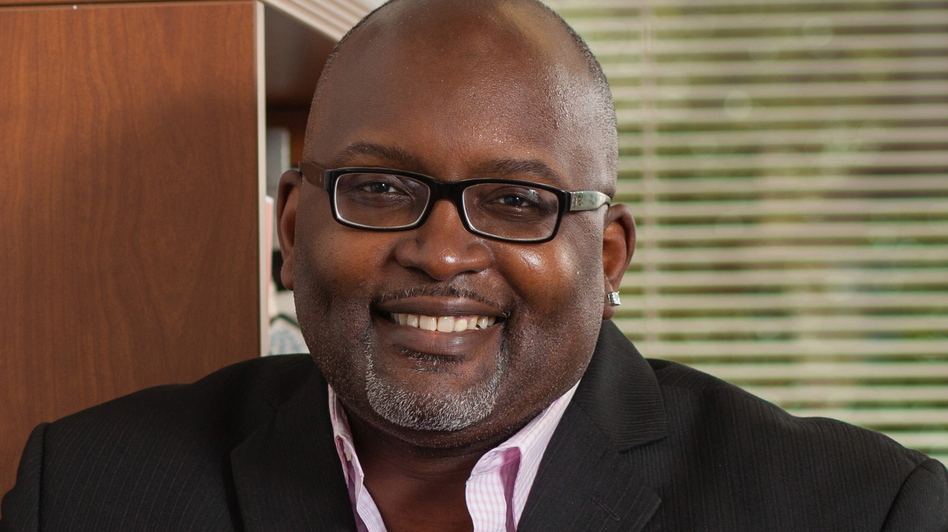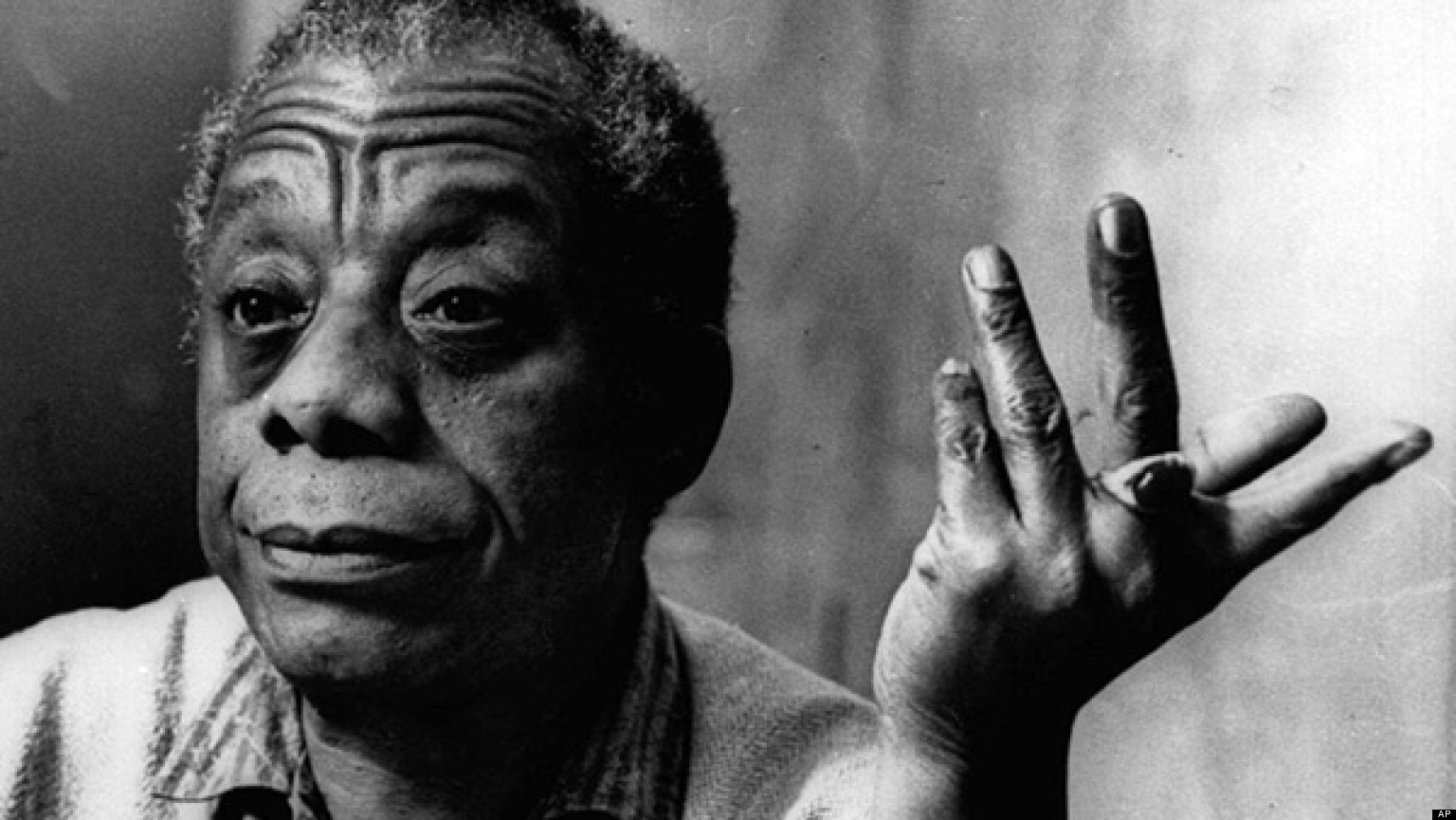What to do when Fox News host Bill O’Reilly calls you out on his show, labeling you a “race-baiter”? If you are television and media critic Eric Deggans, you take the jab and make it the title of your 2012 book, adding the subtitle How Media Wields Dangerous Words to Divide a Nation.
For more than 20 years, Deggans has covered film, music and pop culture for various outlets, most recently becoming NPR’s first full-time television critic. The Indiana native has appeared on PBS’ NewsHour, CNN, MSNBC and Fox News, where he often weighs fairness and inclusivity in the public stories we tell.
Over 90 minutes at the lectern at John Carroll University, Deggans challenged his diverse audience to examine racism in the media — not to just take the reporting at face value, but to really dig into why certain images and narratives are harmful.
Deggans gave the audience a conceptual cheat sheet of four types of racism to look for in media:
- Bigotry denial syndrome—where the offensive individual firmly believes they are without prejudice
- Situational racism—where offensive remarks or actions are directed to only certain people in a marginalized group
- Strategic racism—racism used for political or material gain
- White privilege—benefits extended to white people to the exclusion of other races
One news story had all four elements. In November 2014, a broadcast from Minneapolis station KSTP showed Minneapolis Mayor Betsy Hodges flashing a gang sign while posing with an unidentified black man. (A statement from the mayor’s office insisted that she was simply pointing at the man.)
“News reporting that’s based in stereotypes and prejudice is not accurate,” Deggans said. “Diversity is a journalistic value that’s as basic as spelling someone’s name right because that’s how crucial diversity is to getting a story right.”
Despite his cheeky adoption of the term “race-baiter,” Deegans said he tries to be selective when using “the R-word,” instead using words like bias or prejudice to get his point across: “Using the word ‘racist’ even if it feels appropriate to people who are the subject of it, that clouds the whole discussion. Because [people] get defensive. You say, ‘I’m not racist.’ And the next thing you know, we’re arguing about whether you’re racist instead of talking about what needs to change.”
As the conversation turned to politics, a question on political correctness gave Deggans pause.
“When I hear ‘political correctness’, as a person of color I hear, ‘I am tired of taking your feelings into account. I am tired of talking about institutional racism and prejudice. I am tired of you pushing me to recognize these things that are invisible in American society on purpose,'” Deggans replied. “That is just a reflex to try to stay attached to this system that is producing white privilege.”
As an expert on popular culture, Deggans described the present moment as fertile. He touched on #OscarsSoWhite and posted stills from Beyonce’s recent “Formation” video, which featured a young black boy in a hoodie making a row of white officers surrender.
“We’re entering this moment where mainstream black pop stars are giving us unapologetically black images in a way that they would not necessarily have done 10 or 15 years ago,” he said. Those images, Deggans suggested, help make race an inescapable part of what we discuss in this election year.

